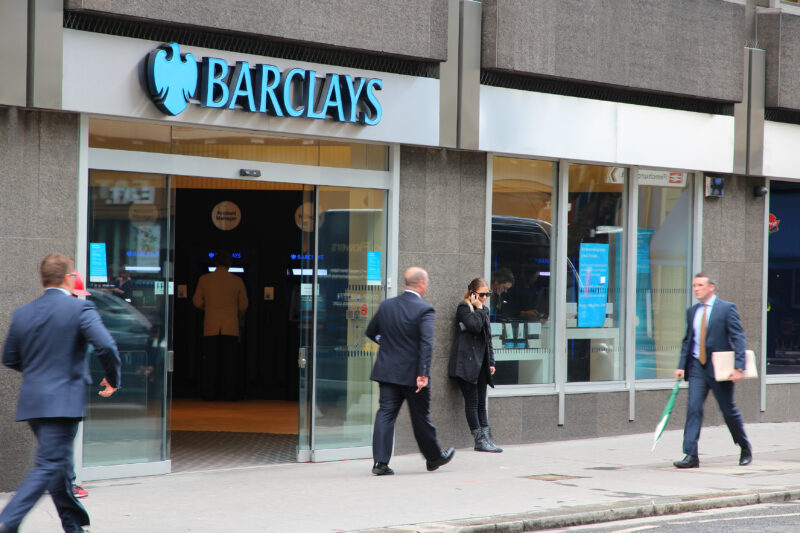16 June 2014
Who’s Britain’s most expensive bank?

Today, Barclays becomes the latest bank to restructure its overdraft charges. It'll be the second time in just a few years - and its latest shake up will make it the cheapest bank in the market for people who regularly bust their overdraft limit.
I've never been one of those people who stray beyond the edges of my overdraft, but I do think that the way that a bank treats customers such as these is relevant for the rest of us. If you're the kind of person who busts your limit time and time again, then it's probably not just because you're disorganised or financially illiterate. More likely, you're in dire financial straits, and the last thing you need is more pain heaped on you by being hit with charge after charge. I'd rather not bank with an organisation that takes this approach to some of its customers - even if I'm not one of the people directly affected.
Barclays new fee structure caps the amount you can be charged for going over your limit to a maximum of £35 in a month. That puts it considerably lower than all of its rivals. And shows up the likes of Clydesdale and Yorkshire Bank who are still charging eye-wateringly high fees to some of their most vulnerable customers.
Here's a table showing how the banks stack up after the latest round of charges.

This table shows the Office of Fair Trading's six overdraft scenarios, which it cooked up a few years ago. In case you can't read the small print, the gist of it is that each scenario is a little more severe than the last - starting with one, where a payment is bounced from your account - up to six, where you're in an unauthorised overdraft for 21 days, during which time 12 payments are taken from your account.
With the exception of M&S - which simply doesn't let you bust your overdraft limit - you can see that Barclays now comes out cheapest in the most extreme scenario, as it caps its fees at £35.
HSBC and Santander now the outliers
This starts to put the pressure on its other big rivals. Although Santander is making its overdraft charges slightly fairer in August, it is keeping its high £150 a month cap - that's more than four times greater than Barclays. HSBC and First Direct are also right up there with caps of £150 - that's a possible £1,800 a year in overdraft fees! And then of course there's Yorkshire and Clydesdale with their whopping £225 charge - a possibly maximum of £2,700 a year.
Most of the other major banks sit between £70-£100, which is still double the new Barclays benchmark. Only Tesco and Metro compete with Barclays at the lower end of the spectrum.
The changes are not universally good news for Barclays customers. It should be noted that for those who are in an arranged overdraft, the shift towards a daily fee structure will prove more expensive. But I feel more comfortable with that. They're at least not taking advantage of customers who have fallen on bad times. And if borrowing in their overdraft proves expensive, there are other much cheaper ways to borrow - not least the raft of 0% credit cards on offer, with interest free periods of over two years.
Most banks deserve some credit for the progress made on bank charges over the past few years. As a whole, fees are much lower. The difficulty for prospective customers is that every bank now has a different way of charging - and it's tough to compare like with like. What we need now is summary boxes that help customers make meaningful comparisons. Although the OFT no longer exists, its six overdraft scenarios are still useful in helping customers compare banks side by side.

